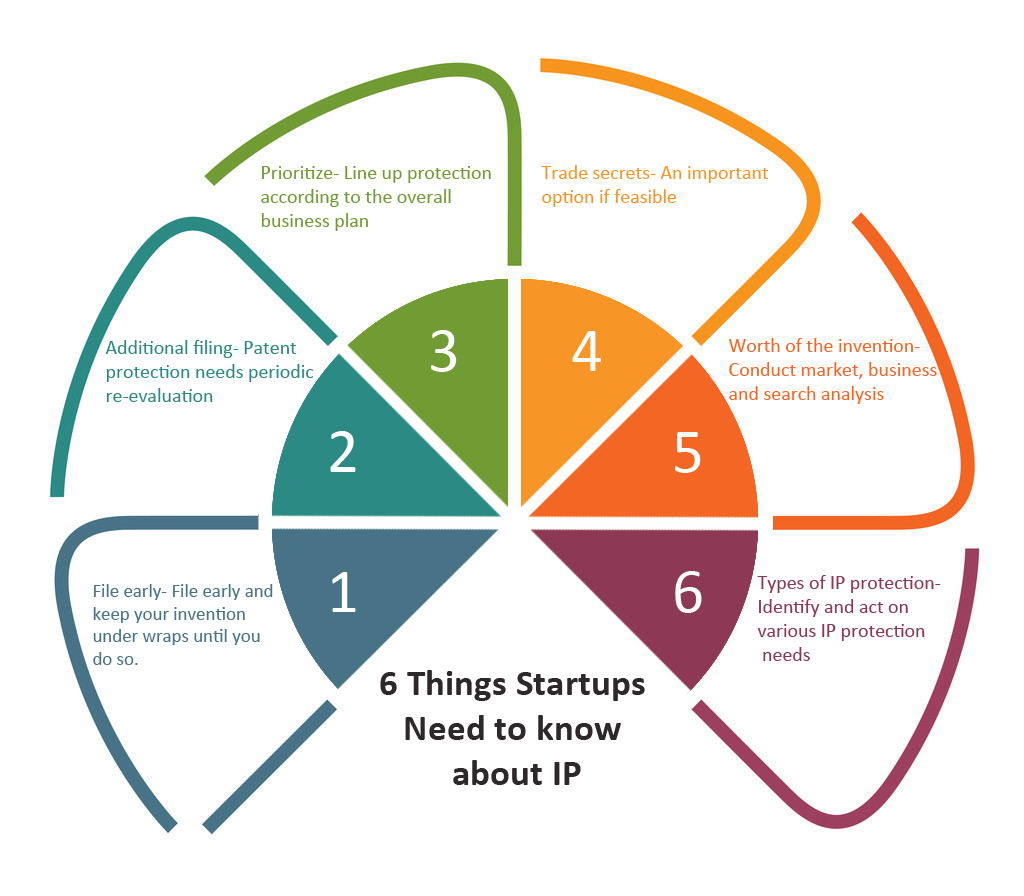Startups of all shapes and sizes are feeling the pressure to dedicate precious early-stage funds to intellectual property (IP), even when the benefits are not immediately clear.
Sarah-Marie Rust, CEO of EVE Mobility, a startup building a SaaS solution for fleet electrification, stated: “A frequent question from investors in our initial meetings is whether we have a patent for our software. We've extensively researched IP protection, and while safeguarding our idea and software is paramount, patenting our solution doesn't appear to be the best course of action. Not only is it expensive, but it doesn't provide us – a software-only company – with the security we require. However, many investors, particularly in the US, seem to see the lack of a patent as a dealbreaker.”
Given that innovation is their lifeblood, startups must prioritize protecting their ideas to secure their future success. However, for early-stage startups, guarding groundbreaking ideas from imitation or theft presents a challenge, especially when initial funding is insufficient to afford a legal team and when the necessary pivots to achieve product-market fit may render early IP efforts obsolete.
Yonca Braeckman, General Partner at Impact Shakers Ventures, confirms: “IP is important to us, but if a startup can demonstrate that they've researched their IP and devised a solution that fits their product and market, and remains within their financial constraints, that's a sufficient starting point for early conversations.”
I asked Donald McCombie, a partner at the law firm Clifford Chance who specializes in Intellectual Property Rights, for advice to guide early-stage startups in navigating IP matters from the outset. Before diving into his key recommendations, let's quickly define the different forms of intellectual property and their significance, as each type offers unique protections and requires different application processes.
Patents represent registered IP rights that cover technical inventions. They require an application to a patent office before protection is granted.
Trademarks protect rights in trading names, logos, and other branding elements. You can apply for registered trademarks (which are relatively affordable to obtain), and you can also gain unregistered trademark-like rights through trade and the generation of “goodwill.”
Copyright safeguards books and other written content, music, video, artistic works, and computer software. Copyright arises automatically without registration. For instance, writing and sending an email creates a copyrighted work.
Trade secrets can encompass a wide range of subjects, from chemical formulas and recipes to datasets, investment opportunities, and pricing information. In essence, if information can be kept secret and possesses economic value, it can qualify as a trade secret.

With these definitions clarified, here are Don's top five IP tips for early-stage startups:
The optimal strategy is contingent on your budget.
How best to prioritize your (inevitably limited) IP spending will depend on your business's specific nature. Branding is very important for B2C businesses. For tech companies, managing open-source software risks and keeping your own source code secret is key. Patents are essential for life sciences companies. While there is no single, universally applicable strategy, there are many helpful rules of thumb to consider.
The most effective ways to protect trade secrets are practical/technical rather than legal:
The best way to keep a secret is not to tell anyone. That can, of course, hinder collaboration (!), but with valuable secrets, you should share only the information you absolutely need to in order to get the job done and nothing more.
Technical protections can be inexpensive and effective, such as disabling USB ports, blocking webmail and Dropbox access, sharing content via SaaS read-only access rather than providing copies, etc. These measures help prevent valuable information from leaving your company's systems.
Don’t solely rely on NDAs. They are frequently violated, yet most violations will likely go undetected, and enforcement becomes costly, even when someone is caught red-handed.
If someone creates something for you
You do not automatically own the IP just because you paid for it – a written assignment is still needed. This is the most common IP mistake we encounter, and it's easy and inexpensive to avoid by including a single clause in the agreement with the relevant developer (or designer, photographer, or other creator).
Patents are not appropriate for every business.
But if you have a technical idea that you may want to patent, don't discuss it with anyone before consulting with a patent attorney. You should definitely avoid writing about it in a blog post, academic paper, or on your company website. Public disclosure of your invention may compromise your ability to obtain patent protection in the future.
Consider trademark protection before you spend significantly on brand development. Some brands are very easy to protect as trademarks, others are very difficult.
Some rules of thumb to follow:
Logos and made-up words are generally the easiest to protect;
Commonly used or descriptive words are difficult to protect and will probably be rejected; and
Phrases and taglines are hard to protect, but if you register your core logo and name first, your accompanying tagline might become distinctive over time and eventually become protectable in its own right.
Bearing this guidance in mind, all early-stage startups are advised to formulate their IP strategy by assessing the aspects of their product or company they must prioritize protecting, determining the most effective strategy within their financial limits, and outlining how they would defend that strategy to a potential investor.
Editor’s Note: Our partner Insperanto has reserved €5 million to support founders in the EU-Startups network. This grant helps you file patents, designs, trademarks, and gain access to top IP attorneys worldwide. The application process is quick and easy, taking less than 5 minutes with no strings or costs attached.








Comments (0)
No comments yet. Be the first to comment!